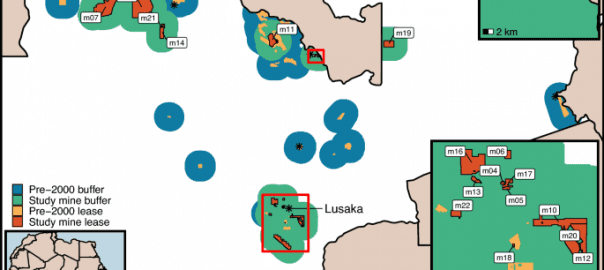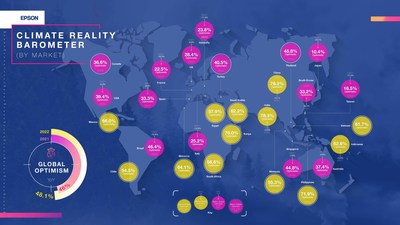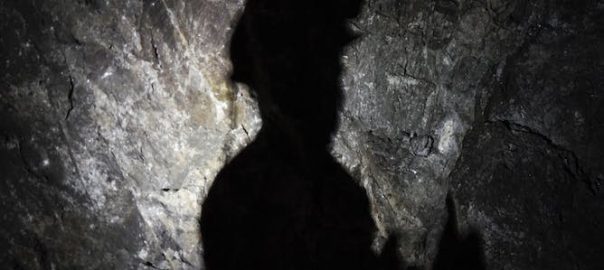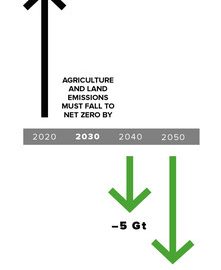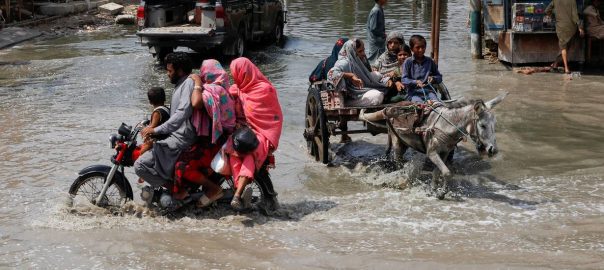Mining is a vital part of the global, and many national, economies. Mining also has the potential to drive extensive land cover change, including deforestation, with impacts reaching far from the mine itself. Understanding the amount of deforestation associated with mining is important for conservationists, governments, mining companies, and consumers, yet accurate quantification is rare. We applied statistical matching, a quasi-experimental methodology, along with Bayesian hierarchical generalized linear models to assess the impact on deforestation of new mining developments in Zambia from 2000 to present. Zambia is a globally significant producer of minerals and mining contributes ~ 10% of its gross domestic product and ~ 77% of its exports. Despite extensive deforestation in mining impacted land, we found no evidence that any of the 22 mines we analysed increased deforestation compared with matched control sites. The extent forest lost was therefore no different than would likely have happened without the mines being present due to other drivers of deforestation in Zambia. This suggests previous assessments based on correlative methodologies may overestimate the deforestation impact of mining. However, mining can have a range of impacts on society, biodiversity, and the local environment that are not captured by our analysis.



